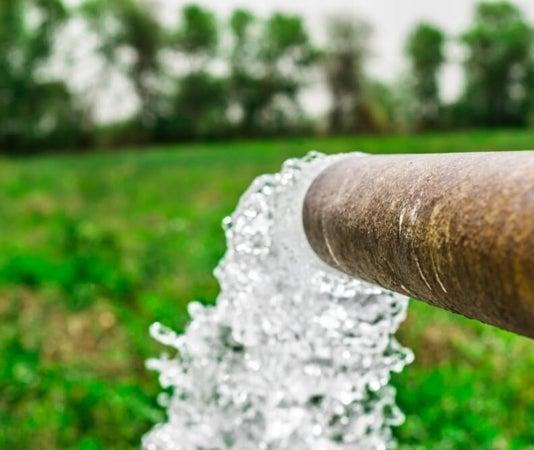- Contact Us Now: (201) 494-2800 Tap Here To Call Us
Well Water Testing in New Jersey Real Estate Transactions: Ensuring Safe and Secure Homes

When it comes to purchasing a home in New Jersey, especially in areas where municipal water supply is not available, prospective buyers often encounter the need for well water testing. Well water is a common source of drinking water in many rural and suburban properties, and understanding the process of testing its quality is essential for ensuring a safe and secure real estate transaction.
Why Well Water Testing Matters:
1. Health and Safety:
The primary reason for well water testing is to ensure the health and safety of the occupants. Contaminants such as bacteria, nitrates, heavy metals, and other pollutants can pose serious health risks if present in the water supply. Testing helps identify potential issues early on.
2. Regulatory Compliance:
New Jersey has regulations in place to govern private well water quality. Buyers and sellers must adhere to these regulations to comply with the law. Conducting well water testing during a real estate transaction is a key step in meeting these regulatory requirements.
3. Property Value:
The results of well water testing can impact the property’s value. Knowing that the water supply is safe and free from contaminants adds to the overall appeal of the property. Conversely, addressing water quality issues promptly can prevent potential decreases in property value.
The Well Water Testing Process:
1. Initial Assessment:
The process typically begins with an initial assessment of the property’s water source. A qualified well water professional will inspect the well system, check for potential sources of contamination, and assess the overall condition of the well.
2. Sample Collection:
Well water testing involves collecting samples from the well. These samples are then sent to a certified laboratory for analysis. The testing may include checks for bacteria, nitrates, pH levels, and various contaminants based on local regulations.
3. Interpreting Results:
Once the laboratory completes the analysis, a detailed report is generated. This report outlines the levels of different substances in the water and highlights any issues that need attention. Buyers and sellers can use this information to make informed decisions about the transaction.
4. Addressing Issues:
If the well water test reveals any concerns, it’s important to address them promptly. Solutions may range from simple adjustments to the well system to more extensive water treatment measures. Collaborating with a qualified water treatment professional is crucial to implementing effective solutions.
Well Water Testing in New Jersey Real Estate Transactions:
1. Timely Testing:
Initiate the well water testing process early in the real estate transaction. This allows sufficient time to address any issues that may arise, preventing delays in the closing process.
2. Professional Expertise:
Work with qualified professionals for both the well inspection and water testing. Certified laboratories and experienced well water professionals ensure accurate results and comprehensive assessments.
3. Negotiation and Resolution:
If the well water test reveals issues, be prepared for negotiation. It is normally the sellers’ responsibility to address any issues. Buyers may request necessary repairs or improvements, and sellers can work to address concerns to facilitate a smooth transaction.
4. Ongoing Maintenance:
Beyond the real estate transaction, regular well maintenance and periodic testing are recommended to ensure the continued safety and quality of the water supply.
In conclusion, well water testing is a critical aspect of New Jersey real estate transactions, especially in properties relying on private well systems. By understanding the process, interpreting results, and addressing any concerns proactively, buyers and sellers can contribute to a seamless and secure property transfer, providing peace of mind for all parties involved. Please contact Joseph DiPiazza, Esq. with any questions or for representation in a New Jersey residential real estate transaction.


